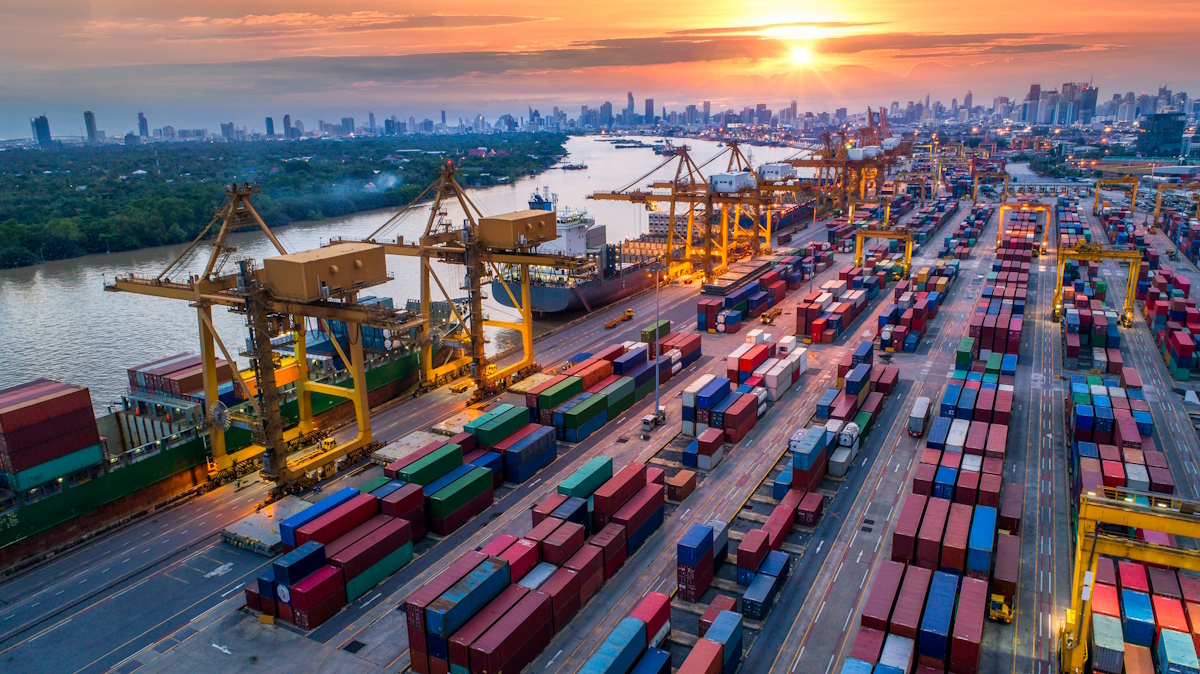With Joe Biden’s resignation and Kamala Harris’s endorsement as the Democratic candidate, the US presidential race has gained new momentum. Latest polls show that the current vice president and Donald Trump are in a neck-and-neck race for the White House. While a win for Kamala Harris will likely bring continuity to Asia, a second Trump presidency might bring some unrest to Asia-Pacific (APAC).
Either way, Moody’s Analytics says the 2024 US presidential election has significant implications for economies in APAC, as both candidates propose vastly different economic policies.
The US is a vital trade partner for the region, so the largest risk is an abrupt shift in US trade policy. “A flat 10% tariff, as assumed in the Republican Sweep scenario, threatens this growth by making imports into the US more expensive,” Moody’s said in a note.
Ashmore Group expects Trump to raise multilateral tariffs when he comes into power and takes a more aggressive stance toward China. “However, Trump, JD Vance and Robert Lighthizer believe that Dollar strength after the first round of tariffs in 2018 undermined the envisaged trade rebalance. They will, therefore, likely keep tariffs contained at first, and threaten Europe, Japan, and China with higher tariffs unless they strengthen their currencies against the Dollar,” wrote Gustavo Medeiros, Head of Research at Ashmore, in a recent insight.
Harris is expected to maintain consistency with Biden’s foreign policy. “Harris has stepped in for Biden and has travelled the region in the past, reiterating a consistent stance on Japan, China, the Korean peninsula and Southeast Asia,” Chris Hughes, professor of international politics and Japanese studies at the University of Warwick, told The Japan Times. The professor said the current vice president is likely to prioritise good relations with allies and partners while trying not to antagonise China.
Harris’ newly elected running mate, Minnesota Governor Tim Walz, has a long history with China. Not only has he visited the country several times, but he also taught English and US history at a highschool in southern China in the late 1989.
In previous interviews, he said about China that there are “many areas of co-operation we can work on” and “I’m not in the category that China necessarily has to be an adversarial relationship”. However, he has also criticised the ruling Communist Party and Chinese trade practices.
Although US vice presidents generally do not have much say in foreign policy, they can influence the president’s views on world affairs.
“Overall, a potential Trump re-election presents a complex scenario for global markets, particularly in Asia,” opines Hani Redha, Portfolio Manager, Global Multi-Asset, at PineBridge Investments. “Global trade would see a negative effect overall, with China feeling the biggest impact.”
“The outcome of the US election has once again become ‘too close to call,’ leaving the outlook for Asia’s trade highly uncertain,” concluded Redha.


 Australia
Australia China
China India
India Indonesia
Indonesia Japan
Japan Malaysia
Malaysia Philippines
Philippines Singapore
Singapore South Korea
South Korea Taiwan
Taiwan Thailand
Thailand Vietnam
Vietnam






